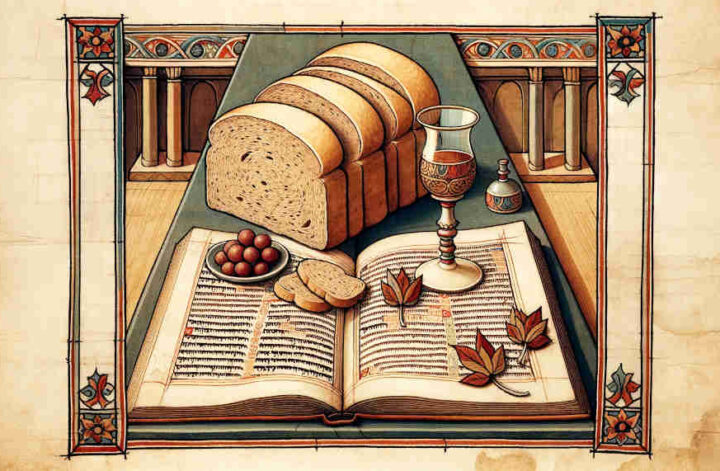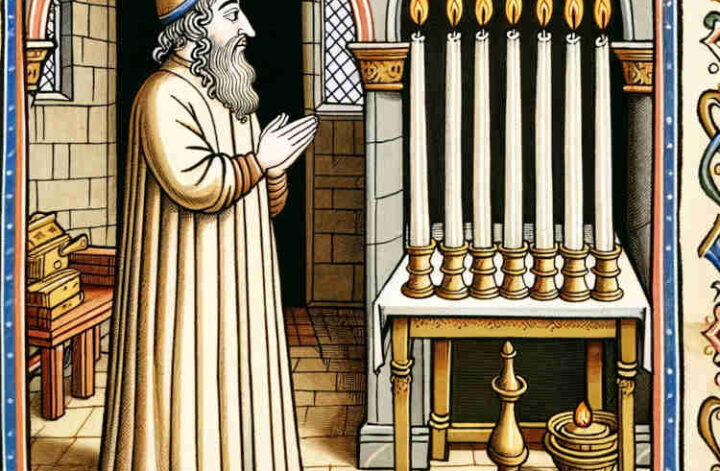Question from a Reader
Dear Rabbi Joshua,
I often hear the phrase ‘Shabbat Shalom’ and wonder about its deeper meaning. Could you please explain what this greeting truly signifies?
Kind regards,
Sofia Rodriguez
Understanding ‘Shabbat Shalom’
Dear Sofia,
Your question touches on one of the most beautiful and profound aspects of Jewish tradition. ‘Shabbat Shalom’ is not just a common greeting but a deep expression of our spiritual and cultural heritage.
Shabbat, or the Sabbath, is the day of rest in Judaism, observed from Friday evening to Saturday evening. It commemorates God’s day of rest after the creation of the world, as described in Genesis (בראשית) 2:2-3. Shabbat is a time to step back from the mundane activities of the week, to reflect, rejuvenate, and connect more deeply with the divine and our loved ones.
The Meaning of ‘Shalom’
‘Shalom,’ often translated as ‘peace,’ carries a much richer connotation in Hebrew. It’s not just the absence of conflict; it’s a state of completeness, wholeness, and harmony. It’s a wish for spiritual and physical well-being for oneself and others.
‘Shabbat Shalom’ as a Blessing
When we say ‘Shabbat Shalom,’ we are essentially offering a blessing. We wish others a peaceful and restful Shabbat, hoping that this sacred time brings them joy, spiritual fulfillment, and a sense of completeness. It’s a reminder of the peace and blessings that Shabbat can bring into our lives.
Cultural and Spiritual Significance
In the Jewish community, ‘Shabbat Shalom’ is more than a greeting; it’s a symbol of unity and common identity. It reflects a collective acknowledgment of the sanctity of Shabbat and our shared values. This phrase encapsulates the essence of Jewish spirituality and the communal aspect of our faith.
Conclusion
In conclusion, ‘Shabbat Shalom’ is a powerful phrase encapsulating hope, blessing, and our deep connection to the Jewish tradition of Shabbat. It serves as a weekly reminder of the peace and wholeness we strive for in our lives and our communities.
May your Shabbats be filled with peace and joy.
Shalom,
Rabbi Joshua


